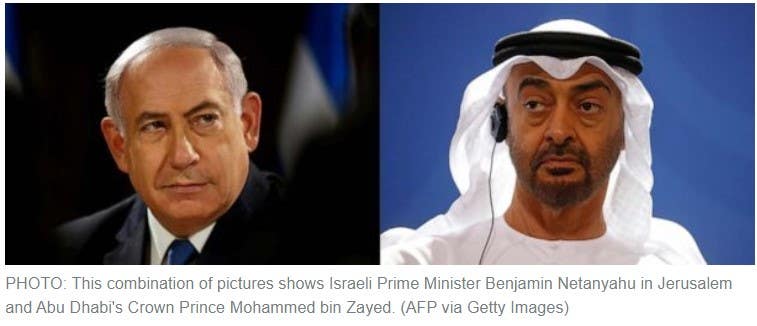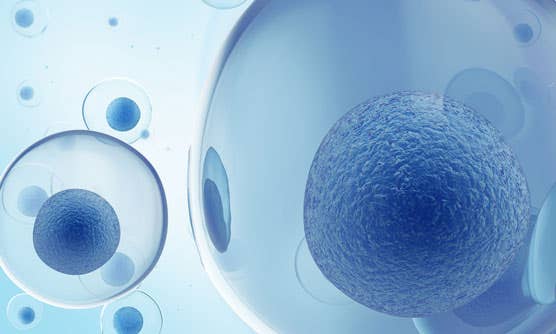Historic Agreement: Israel and the UAE will fully normalize their diplomatic relations
Prime Minister Benjamin Netanyahu announced details of the historic agreement for full diplomatic relations between Israel and the UAE.

[Aug. 14, 2020: Joseph Shavit]
The excitement was palatable on Thursday night as Prime Minister Benjamin Netanyahu announced details of the historic agreement for full diplomatic relations between Israel and the United Arab Emirates. He disclosed that the UAE, Israel and the US had agreed on “a full and formal peace” in a phone call Thursday and also hailed what he called a “new era of Israeli relations with the Arab world.”
Despite insisting that he would continue to seek to extend Israeli sovereignty to parts of the West Bank land, in coordination with the US, he did acknowledge that unilateral annexation was being temporarily halted, keeping in lock step with the joint statement issued by the US, Israel and the UAE specifying that Israel would “suspend” the move.
US President Donald Trump first broke the news on Twitter, “HUGE breakthrough today. Historic Peace Agreement between our two GREAT friends, Israel and the United Arab Emirates!” He further stated "Now that the ice has been broken, I expect more Arab and Muslim countries will follow the United Arab Emirates' lead." This assertion was also made by Netanyahu.
Commenting on the agreement, Prince Mohammed wrote on Twitter "an agreement was reached to stop further Israeli annexation of Palestinian territories." and "The UAE and Israel also agreed to cooperation and setting a roadmap towards establishing a bilateral relationship."
Prince Mohammed emphasized Israel's commitment to not annex parts of the West Bank. Netanyahu had made significant overtures in this direction in recent months, using a peace proposal released earler this year by the White House, to support the move.
On Friday, a top United Arab Emirates minister promised that his country’s new normalization deal with Israel was not a symbolic measure and said Abu Dhabi wants to see wide-ranging bilateral relations implemented “as soon as possible.”
“We are not talking about a very slow and gradual process … There are sectors that we would like to develop with Israel, and there are sectors that Israel would like to develop [with us]."
He also reinforced earlier comments stating that the deal had staved off Israel’s annexation plans for a long time and urged the Israelis and Palestinians would resume peace talks.
Next Steps
Delegations from Israel and the UAE are planning to meet in the coming weeks to sign bilateral agreements regarding:
investment,
tourism,
direct flights,
security,
telecommunications,
technology,
energy,
healthcare,
culture,
the environment,
the establishment of reciprocal embassies,
and other areas of mutual benefit.
What does this mean?
The benefits to the UAE and Israel are likely to include:
Mutual financial investments to boost each other's economies as well as that of the regional economy.
Cooperation and coordination on the development of a vaccine for COVID-19.
Mutual sharing of advanced technology and knowledge.
The agreement would drive a “dramatic change” in the way Israel will be perceived in the region.
Success would prompt other Arab and Muslim states to join.
Alignment in the region in favor of advancement against the extremist forces that threaten regional and world peace.
Like these kind of stories? Get The Brighter Side of News' newsletter.
What can we learn?
It is important to note the timing of these announcements relative to the upcoming US election and Netanyahu political challenges and litigations. There is no debating that this announcement comes at a time when both Trump and Netanyahu need a political win. However, this news also comes at a meaningful time in regional politics where several forces are driving traditional enemies closer together. These forces include:
the uncertainty in the global economy,
COVID-19 and it's impact on the economy and society
the global shift towards clean energy and away from fossil fuels,
the regional and global rise of extremist groups,
the growing influence of Iran in the region,
the increased regional influence of China and Russia,
etc.
For now, this accord is great news for UAE and Israel. Two countries, historically on the opposite ends of thousands of years of strife, are talking and appear to be working towards mutually beneficial outcomes.



